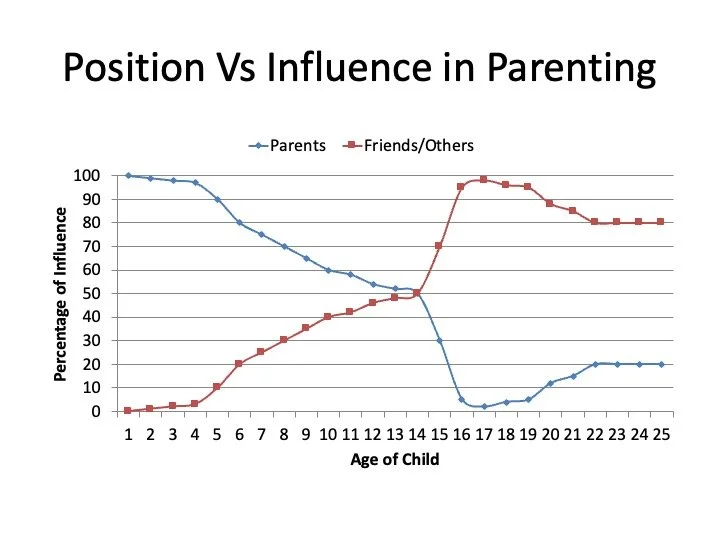Influence Comes and Goes: How to Make a Difference When You Have it and When You Don't
Have you ever been in a role in an organization where you used to have influence with those at the top, but for some reason, your influence has decreased? Perhaps someone new was hired whose voice now carries more weight than yours. Or maybe you are the new one, and although you have a higher position than others, you haven't been around long enough to gain influence. Sometimes it is more nefarious--someone planted the idea in your boss's head that you shouldn't be trusted.
I worked at the same church for 20 years in the position of Executive Pastor. For those unfamiliar, that is the #2 position, similar to a COO role. For much of the time, I was arguably the most influential voice in the ear of our senior pastor in church with 130 staff and over 6,000 weekly attendance. But there were seasons when it wasn't me, when my voice wasn't being heard. I recall times when the person or group who had more influence than me was...
His hunting buddies.
His close friend who was four levels below me on the org chart.
A group of friends who were all pastors from other churches.
An external leadership consultant.
A significant financial contributor.
Position doesn't always equal influence, for those below you or those above you.
Parents Understand
If you are a parent of teens or young adults, you understand how influence changes over time. When my kids were 16, 14, 12 and 8 years old — I created this chart to explain how I thought parental influence changes over time. It turned out to be pretty accurate to our experience. It takes a village to raise a kid…which is why you better be certain your village is not pulling your kids down.
Influence comes and goes with seasons, especially when you are at an organization for a very long time. Sometimes you have significant influence, in fact no one has more than you do with the highest level leader(s). In these times, there is always a line of other staff members lobbying you for resources or approval because they know if you agree, then so will the senior leader. Other times, it feels like you can't even get face time with your leader. When you do, you present an idea, and it is met with "no" before you even get it out. You aren't sure how you lost influence--but even though your position hasn't changed, the weight of your voice has definitely decreased.
This movement can be difficult to navigate, especially when it comes and goes.
When you are in a favorable season of influence...
Wield it with integrity.
Do not be manipulative nor over-confident.
Pray for humility and discernment.
When your senior leader is likely to agree with anything you propose, that is a high-value commodity to steward with great care.
This influence also comes with responsibility, as very few people are in a position to speak truth to power to help leaders see their blindspots. Used sparingly and with great discernment, this can be a great gift to both the leader and the organization.
When you are in a season with less influence...
Be grateful for the learning opportunity to find other ways to use your influence for good in the organization. Peer leadership is much more difficult than top-down or even leading up -- so practice using your influence muscle with your peers and others across the organization.
Check yourself to make sure your identity wasn't wrapped up in how much influence you had. This is easy to let happen, and sneaks up on you. You often don't know something is so integrated with your identity until you lose it.
Continue to "have the back" of the senior leader, even though it might feel like he or she has abandoned you.
Be ready to re-engage with the leader when asked. It might not make sense to you why your influence comes and goes. Don't question it -- just use it for good when you are in "the room." Proverbs 25:11 says it this way, "A wise word that you speak at the right time is a beautiful thing. It is like a gold apple on a silver plate."
Maintaining influence in an organization is a dynamic process. It's fundamental to remember that your worth isn't tied to the volume of influence you exercise. When every tide flows and ebbs, continue to exhibit loyalty, exercise integrity, and provide unwavering support. Recognize these opportunities not as setbacks, but as stages of growth and transformation in your leadership journey.


